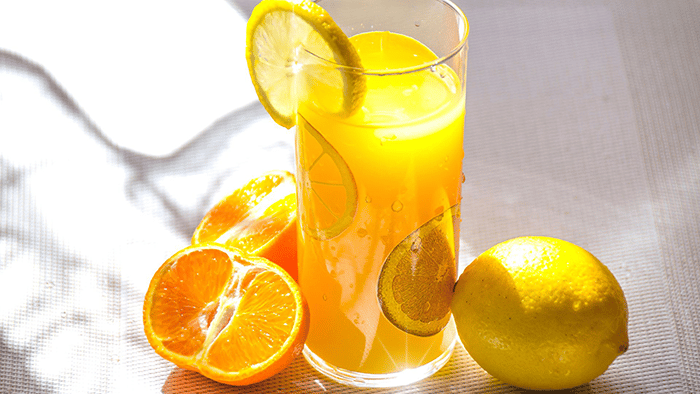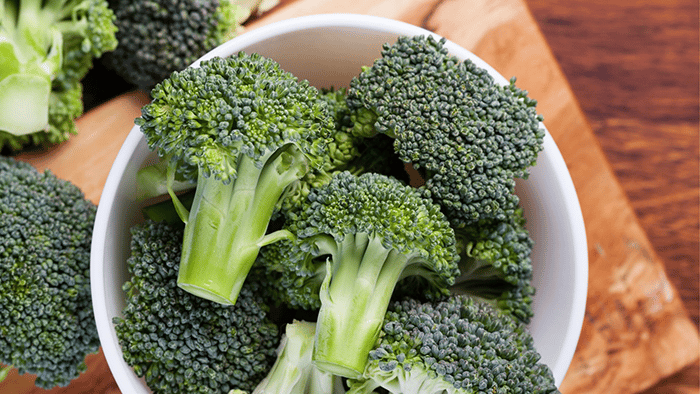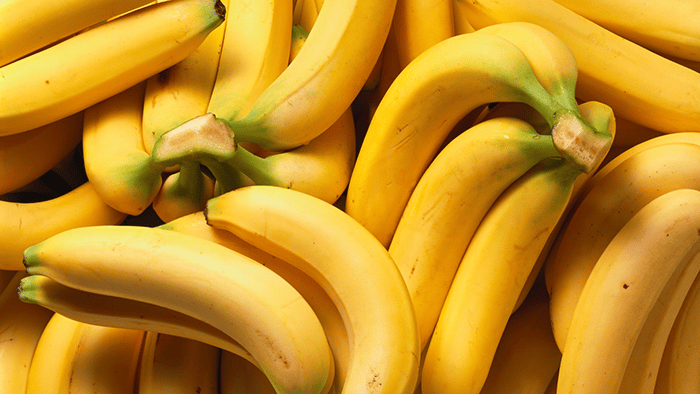- Orange Juice
- Leafy Green Vegetables
- Egg Yolks
- Broccoli
- Papaya
- Nuts
- Lentils
- Bananas
- Enriched Products

As a parent, you want to give your child the best start in life, and nutrition plays a crucial role in their development. One essential nutrient you should be aware of is folate. Folate, also known as vitamin B9, is vital for your child's growth and brain development. It helps in the production of DNA (Deoxyribonucleic acid), and RNA (Responsive neurostimulation) and supports the formation of healthy red blood cells.
Your child’s healthcare is important, and to take care of it, it is essential to know what they need. Folate and folic acid for kids is a topic that is not given enough attention, especially considering how serious the effects of a deficiency are. Ensuring your child gets enough folate can prevent deficiencies leading to serious health issues, such as anemia and developmental delays. It also supports their immune system, helping them stay healthy and fight illnesses.
What Is Folate?
Folate is a vitamin B important for the body to produce red and white blood cells for bone marrow, transform carbohydrates into energy, and produce RNA and DNA. The body needs adequate folate levels for these reasons. It is highly essential during the rapid growth phase of life, like pregnancy, infant and teenage.
Incorporating folate into your kid's diet is essential for healthy growth and development. This vital nutrient supports the formation of red blood cells, promotes proper brain function, and aids in developing the nervous system. Ensure your child's diet includes folate-rich foods like leafy greens, beans, citrus fruits, and fortified cereals. By doing so, you can help foster their cognitive and physical growth, setting a strong foundation for their overall health and well-being.
Folate is naturally present in foods like beans, citrus fruits and eggs. The body requires folate to make DNA and other genetic material.
Folate Is Crucial Before Your Baby Arrives
Folate plays a vital role in your child's development before birth. It is like the superhero vitamin for babies, ensuring proper, healthy, and strong growth. Not getting enough folate during pregnancy can increase the chances of health issues. Pregnant moms should aim for at least 600 mcg of folate daily, while nursing individuals should consume 500 mcg.
Best Food Sources Of Folate:
-
Orange Juice

Citrus fruits are generally famous for their vitamin C content, but fruits like oranges, lemons, and limes are also great sources of folate. One orange contains 55 mcg of folate. Citrus fruits are also packed with vitamin C, an essential micronutrient that can help boost immunity and prevent disease.
-
Leafy Green Vegetables
Spinach left green is a great source of folate, low in calories, and rich in key vitamins and minerals. 30 grams of spinach contain 58.2 mcg of folate. Spinach is also high in fiber and vitamins K and A, which have been associated with various health benefits.
-
Egg Yolks
Eggs are generally a great addition to a kid’s diet. They provide essential nutrients and are a great source of folate. One egg packs 22 mcg of folate. Eggs also contain protein, selenium, riboflavin, and vitamin B12. Furthermore, they are high in lutein and zeaxanthin, two antioxidants that may help reduce the risk of eye disorders like macular degeneration
-
Broccoli

Broccoli contains various vitamins and minerals, including folate. One cup of raw broccoli contains around 57 mcg of folate, and cooked broccoli contains 84 mcg. It is also high in manganese and vitamins C, K, and A.
-
Papaya
Papaya is a nutrient-dense tropical fruit that is high in folate. It is also high in vitamin C, potassium, and antioxidants like carotenoids. Pregnant women should avoid eating raw papaya.
-
Nuts
Nuts contain high doses of protein, fiber and many vitamins and minerals your body needs. Adding more nuts and seeds into a kid’s diet can also help you meet adequate folate levels. Walnuts contain about 28 mcg of folate, and flax seeds contain about 24 mcg of folate.
-
Lentils
Legumes are also a great source of protein, fiber, antioxidants, and important micronutrients like potassium, magnesium, and iron. Although the exact amount of folate in legumes can vary, they’re an excellent source of folate. Cooked kidney beans contain 131 mcg of folate, whereas cooked lentils contain 358 mcg.
-
Bananas

Rich in various vitamins and minerals, bananas are a nutritional powerhouse for folate. Perfect to add folate-rich foods to a kid’s diet. A medium banana can supply 23.6 mcg of folate. Bananas are high in other nutrients as well, including potassium, vitamin B6, and manganese.
-
Enriched Products
Folate (in the form of folic acid) is added to many foods, including breads, juices, and cereals. One slice of white bread has 50 mcg of folate. Cereals that are boosted with 100 mcg. Tomato or orange juice contains about 36 mcg of folate.
With every phase of life your knowledge toward the world of nutrients and minerals for our body increases. Just like this, when a baby comes into the world they need the support and boost of nutrients and minerals for being healthy and happy. Folate is an essential vitamin supports the production of DNA and red blood cells, aids brain function, and boosts the immune system. Incorporating folate-rich foods like leafy greens, beans, and citrus fruits into their diet can prevent deficiencies and promote well-being.
Tarishi Shrivastava is a young writer who has covered a range of topics on children's health, including nutrition, fitness, sleep, and parent-child bonding. With a keen interest in simplifying wellness for parents, she brings a practical and engaging approach to her writing. Beyond work, she enjoys exploring new ideas, staying curious, and creating meaningful content.
The views expressed are that of the expert alone.
The information provided in this content is for informational purposes only and should not be considered a substitute for professional medical advice, diagnosis, or treatment. Always seek the advice of your physician or another qualified healthcare provider before making any significant changes to your diet, exercise, or medication routines.
References
https://ods.od.nih.gov/factsheets/Folate-HealthProfessional/










